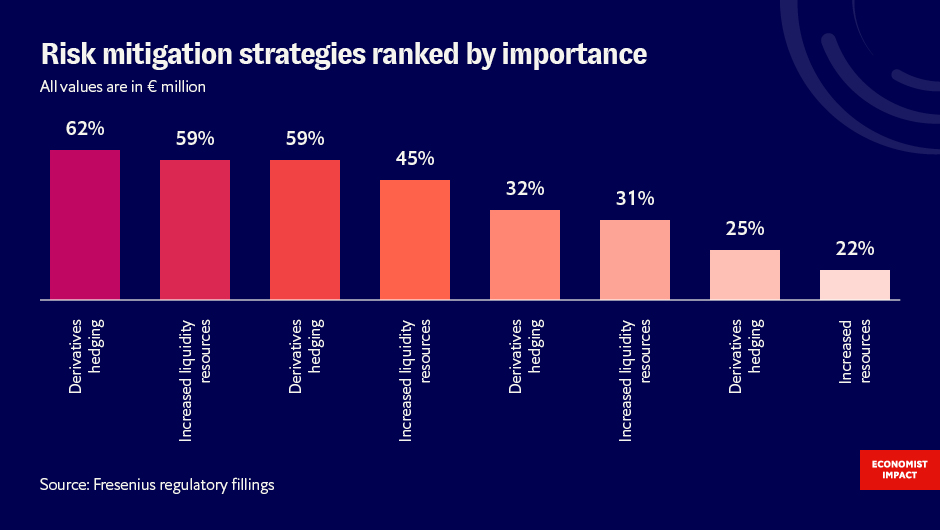Brazil treasurers seek offshore cash solutions to transaction tax burden

As Brazil’s new president Jair Bolsonaro takes office, there are hopes that the new leader will reform the country’s complex financial environment, such as a restrictive financial transaction tax. Despite Brazil’s 6.5 per cent interest rate , many are compelled to invest cash offshore, treasurers told the EuroFinance international treasury management conference in Sao Paolo.
While Bolsonaro’s chief of staff has said there will be no hike in the transaction tax or IOF (imposto sobre operações financeiras), corporate treasurers say it severely restricts their ability to manage cash effectively. This federal tax is levied, often at 0.38 per cent but up to 25 per cent on certain transactions, on foreign exchange transactions, intercompany loans and other credit transactions as well as payments related to securities, insurance and gold.

Speaking at the Sao Paolo event in December, Joao Cabral, regional treasury director at global advertising agency Interpublic, highlighted the challenges of managing large financial transactions on behalf of clients. He outlined a scenario in which a client settles an invoice two days early: “This leaves me with a real difficulty, because it’s not possible to invest the money for two days, in a country where you have to pay a large IOF (98 per cent of the interest for two days).”
Interpublic’s offshore cash pooling structures are run by ING subsidiary BMG and Citi. Cabral says this global notional pooling structure, which is one of the few that is able to include Brazil, Colombia and Chile, enables him to automatically provide liquidity to his headquarters in New York. He explains that the global notional pooling structure solves the problem of incurring IOF tax in Brazil: “Our international cash pooling does not require payment of IOF. The money does not leave the company’s possession because it is not physically transferred from one legal entity to another. That’s because notional cash pooling is not a conventional cash pooling structure.”
Leandro Padua, treasurer at Brazilian domestic haulage firm Grupo Martins, said his company has taken a different approach to maximising domestic cash. The group is privately owned – its shareholders are the Martins family – and it operates solely in the domestic market. Not having the option to use offshore cash management, Padua highlights the complexity of IOF and the skills that Brazilian treasurers need to navigate it.
Tribanco is the organisation’s financial arm, where it deposits some excess funds. Padua explains that cash is invested with Tribanco in instruments such as progressive Brazilian time deposits (CDB), usually with a term greater than 30 days, while cash investments of less than 30 days are placed with relationship banks, which diversifies risk. But Padua says these decisions are also affected by Brazil’s domestic transaction tax, as only time deposits of less than 30 days are subject to IOF, and he makes allocation choices in order to avoid this. He adds that treasury maintains a very close match between receivables and payments, so they only have predictable amounts of minimum cash: “Our cash policy is closely linked to the business operating cycle, so we have weekly policy triggers and we have almost daily flow with clients, receiving almost every day, and vendors are paid weekly.”
The company also operates a receivables discount platform for its suppliers to optimise both smooth functioning of the supply chain and the group’s liquidity. Padua explains that if he needs to maximise a group of vendors due to tax efficiency reasons for example, the company pays them at a discounted rate in cash. “Other vendors demand credit and we provide this in advance and we can also make a profit here. This mix brings higher target profitability.Thus, without transgressing liquidity policy, I think this gives a cash management x-ray within the group, as we are always seeking to maximise profitability, lower risks and try to minimise the tax burden.”

Brazil’s central bank interest rate is still the fifth highest in the world but it has fallen from 14 per cent in 2016 to the current rate of 6.5 per cent. This instability can cause interest-rate risk for domestic cash investments, particularly if group headquarters are based in a jurisdiction with a much lower rate of interest. Hugo Garbe, senior finance executive at the private security firm Prosegur, with operations in 24 countries on five continents, said: “We have seen our cash balance increase significantly in the last two years.”
With headquarters in Spain, Prosegur is working with its relationship banks – it currently works with JP Morgan, Santander, Itaú, Bradesco and Banco do Brasil – on one of its main challenges in Brazil, which is to use cash domestically to maximise turnover at the global level. “This is our challenge within Prosegur: to protect profits and make the best use of cash, compared to what they would have in headquarters and, on the other hand, without losing sight of financial risk.”
Garbe adds: “With the fall in interest rate, and targeting the company’s own financial income, we now have our own P&L in Brazil, and we have created alternatives in Latin America to earn a profit with our cash, resulting from M&A, of spin-offs we have made in Brazil”.
Currently Prosegur’s policy only permits its Spanish parent company to invest cash offshore, but Garbe told the EuroFinance audience that soon the firm’s policy will also extend to the Brazilian entity: “We expect, in the next three months, to be the first country in the group outside headquarters whose treasury will be able to buy commercial paper and will have authorisation to apply offshore.”